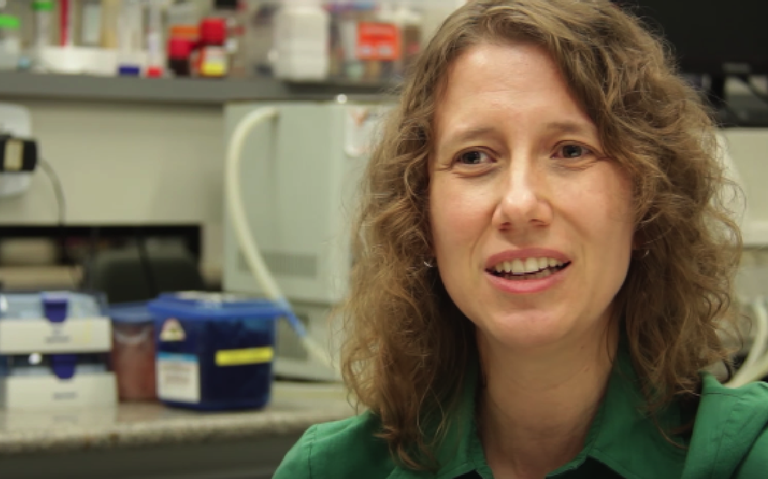Last week, we learned that the Minister of Economy, Paulo Guedes, Minister called of science, technology and innovation, Marcos Pontes, of “The Donkey”, when he criticized him for not using resources from his portfolio. Unfortunately, I cannot say that Pontes found much sympathy for this episode among the majority of Brazilian scientists, although this specific accusation was unfair.
The engineer and first lieutenant in the Brazilian Air Force became known locally in 2006 as the 444th human to go into space and spend 10 days on the International Space Station, in A trip that cost Lula’s government at the time $10 million. Upon his return, he quickly disappeared from the news, retired, moved to the United States and supported the sale of the so-called “NASA pillows”, which, as expected, were not produced by NASA. These aren’t exactly Nejmeh’s qualifications to be appointed in 2018 as minister, but Pontes has not only been appointed, she has managed to stay in the position so far. He has done so by being nearly invisible in his actions (we wonder among our scientists if he’s still lost in space) as well as occasionally bending to the president’s orders, including announcing purported cures for the virus without scientific backing. In a serious example of his submission to the chief’s orders, Pontes signed with Guedes and Bolsonaro the Supplementary Law 177/2021, where the moratorium of the FNDCT (National Fund for Scientific and Technological Development) was refused, contrary to the broad will of the Congress to release about R$7 billion from this fund to promote national science and technology. To be sure, a minister who signs up for emergency funding for his own portfolio is not admired by national scientists.
There is ample evidence that scientific research and innovation drive economic development, and that knowledge is the greatest wealth a nation can possess.
Alicia Kowaltowski He is a Unicamp Graduated Ph.D. in Medical Sciences. He works as a scientist in the field of energy metabolism. She is a full professor at the Department of Biochemistry, the Institute of Chemistry at the University of the South Pacific, and a member of the Brazilian Academy of Sciences and the Academy of Sciences of the State of São Paulo. She has authored more than 150 professional scientific articles, as well as the scientific publication What is Metabolism: How Our Bodies Transform What We Eat Into What We Are. Write every two weeks on Thursday.
Articles published by columnists are the sole responsibility of their authors and do not represent the ideas or opinions of Nexus.

“Wannabe internet buff. Future teen idol. Hardcore zombie guru. Gamer. Avid creator. Entrepreneur. Bacon ninja.”

